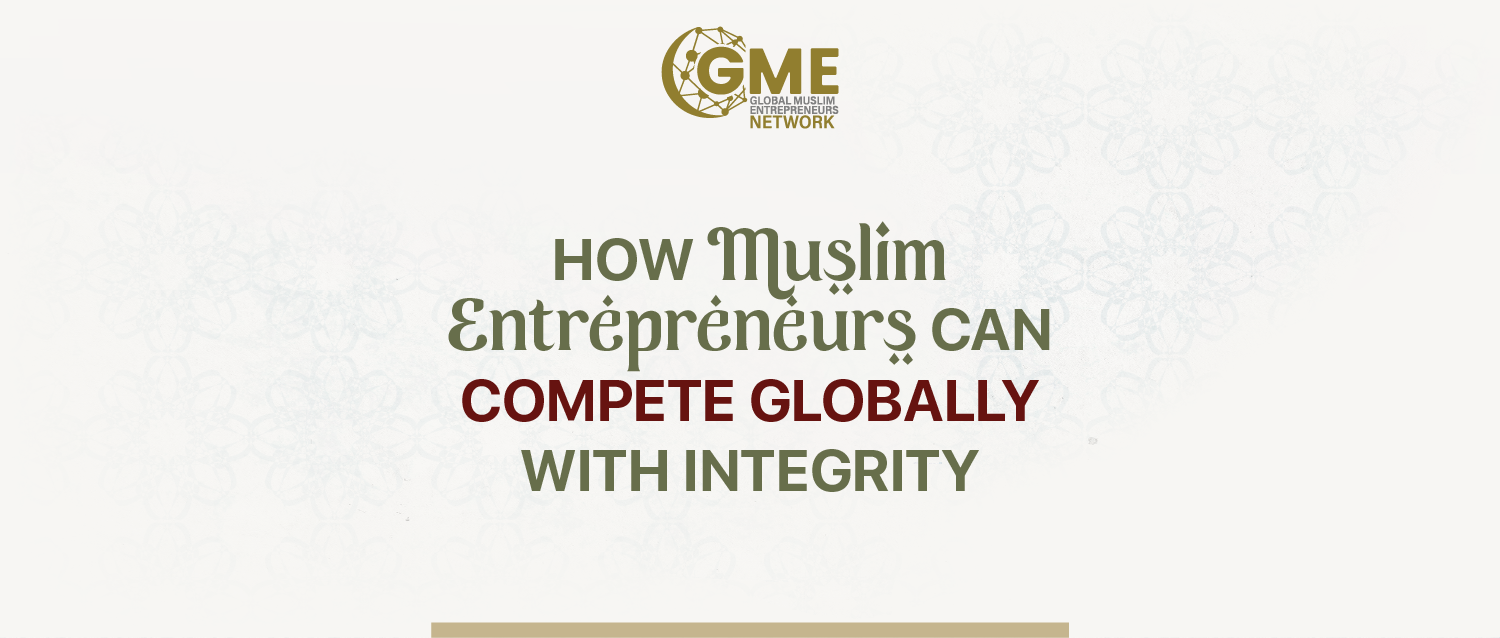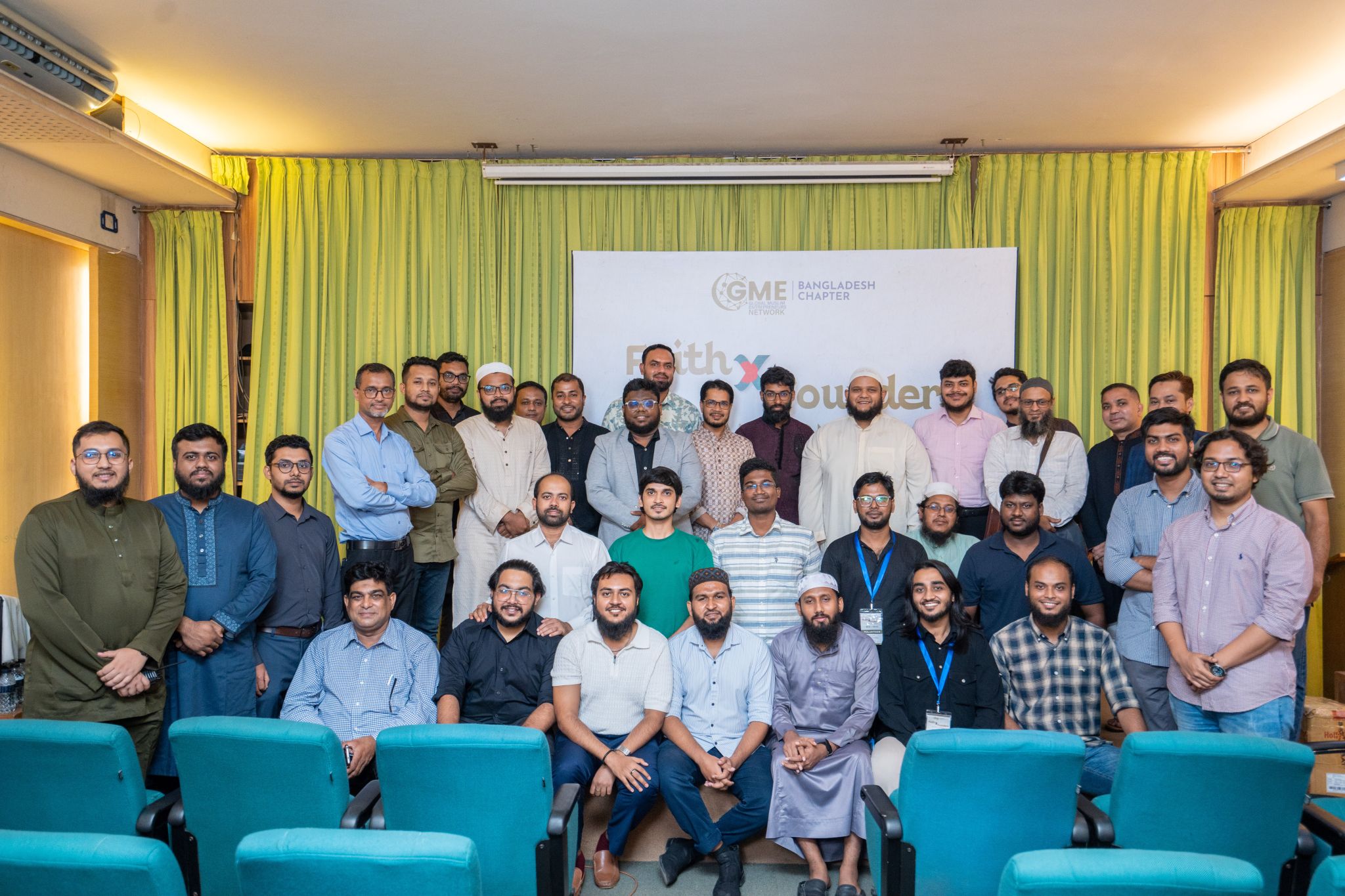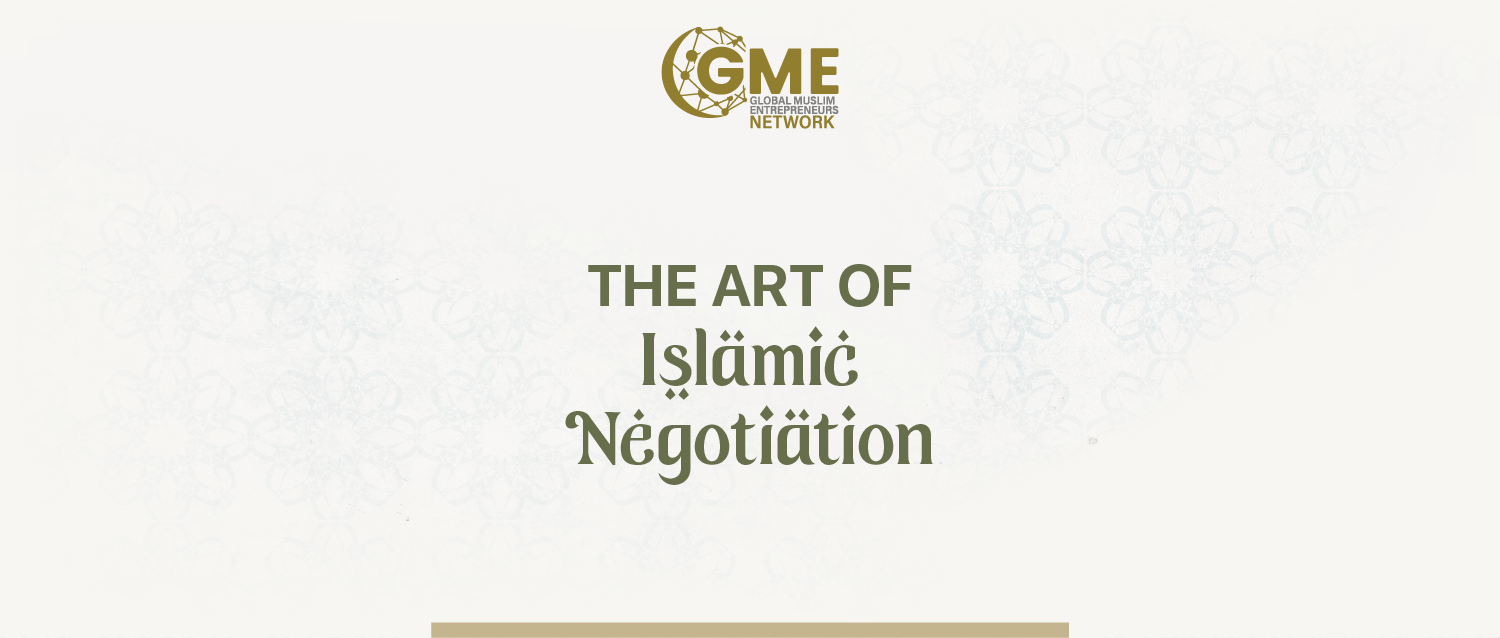Global markets are no longer out of reach. Technology, trade agreements, and digital platforms have opened doors for even the smallest businesses. Yet, for Muslim entrepreneurs, the real question is: how do you compete internationally without losing your values?
The answer lies in blending business strategy with Islamic ethics—building companies that are not only successful but respected worldwide.
1. Start with a Strong Foundation: Intention and Vision
Before stepping into international markets, ask yourself: “Why am I expanding globally?” If your vision is clear and rooted in halal earnings, service to society, and the pleasure of Allah, it will guide every decision you make. Action Step:- Write down your business purpose statement. Link it to Islamic values such as honesty, fairness, and service. This will become your compass when faced with global competition.
2. Research Global Markets Like a Professional
You cannot compete globally without understanding the field.- Analyze Demand: Identify which countries need your product or service. For example, halal food exports are booming in non-Muslim countries.
- Study Regulations: Learn import/export laws, trade licenses, and halal certification requirements in target countries.
- Observe Trends: Explore sectors like Islamic finance, modest fashion, ethical tech, and halal tourism where Muslim entrepreneurs have an advantage.
- Google Market Finder (for demand insights)
- Trade Map (ITC) (for trade data and export statistics)
- Halal Certification Directories (to understand standards in different regions)
3. Build an Internationally Recognized Brand
Your brand is your trust. When competing globally:- Create a professional online presence: Website, social media, and LinkedIn profiles must show quality and consistency.
- Invest in branding: Clean visuals and professional packaging increase buyer confidence.
- Get Halal Certified: Certification builds credibility in Muslim and non-Muslim markets alike.
4. Strengthen Your Integrity: Compete Differently
In a world of shortcuts, integrity is your competitive advantage.- Be transparent in pricing and delivery times.
- Do not overpromise or mislead customers.
- Pay employees and partners on time.
5. Use Smart Networking and Collaborations
Global trade thrives on relationships. Join Muslim business networks like the Global Muslim Entrepreneurs Network (GME) or local trade associations to:- Meet distributors and investors.
- Explore joint ventures and partnerships.
- Gain referrals from trusted professionals.
6. Embrace Digital Tools for Scale
Use technology to lower costs and reach new markets:- E-commerce Platforms: Sell globally via Amazon, Shopify, or Muslim-specific platforms like HalalTradeZone.
- Digital Marketing: Run targeted campaigns for Muslim consumers worldwide.
- AI Tools: Automate tasks like translation, product descriptions, and customer support for cross-border buyers.
7. Protect Yourself from Unethical Pressures
Global competition often comes with temptations—interest-based financing, exploitative suppliers, or misleading ads. Stay firm:- Seek Shariah-compliant financing options.
- Audit supply chains to ensure ethical sourcing.
- Use contracts that align with Islamic principles to avoid disputes.
8. Build a Reputation for Excellence
Muslim entrepreneurs must not settle for average. Competing globally requires quality that speaks louder than words.- Maintain strict product standards.
- Deliver faster and better than competitors.
- Offer exceptional customer service.
9. Measure Growth the Right Way
Do not just chase revenue. Track:- Market Expansion: How many new countries are you serving?
- Customer Retention: Do buyers return because of trust?
- Social Impact: Are you creating halal jobs and benefiting your community?
Reflection: Competing with Faith
Ask yourself:- Am I building a business that reflects Islam’s ethics?
- Will my success inspire trust in Muslims globally?
Your Action Plan
- Clarify your intention and write your ethical business vision.
- Research one target international market this week.
- Join a trusted Muslim entrepreneur network for support.
- Commit to one integrity-based improvement in your business.






